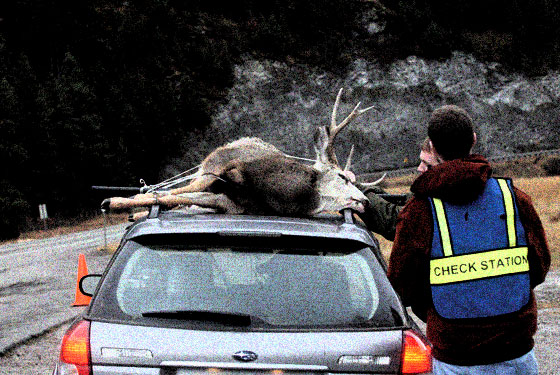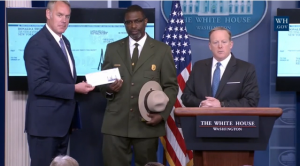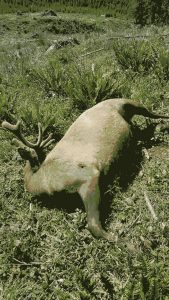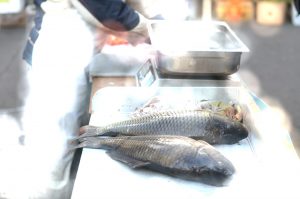The spread of chronic wasting disease is something fish and game departments across North America are trying desperately to slow. When it comes to transmission from animal to animal, the disease can spread at an alarming rate but not as quickly as when aided via motor vehicle transfer.
Fuel-Injected (or Carbureted) Importation
The state of Oregon (and many others) have established strict rules regarding the importation of certain parts of deer, elk, and moose that can establish the presence of the deadly disease. Any part of such animals that contains central nervous system tissue – like a skull with the brain matter inside – is part of the state’s “parts ban” which is in place to mitigate the spread of disease.
Following a recent hunting trip to Montana, Oregon resident Lyle Rehwinkel, 46, was successful in harvesting a mule deer buck. After submitting the animal for testing while in Montana, the animal was transported into Oregon for processing, violating the state’s parts ban.
Testing, Testing, Testing
It wasn’t until officials from Montana Fish, Wildlife and Parks received the test results that neighboring Oregon Department of Fish and Wildlife and the Oregon State Police were notified. The hunt then turned to the Madras resident and the infected carcass. After tracking down relatives of Rehwinkel, officials were lead to the game processing facility for a full sweep of the premises.
Burn Baby, Burn
Confiscating any parts of the animal they could get their hands on, as well as the processed meat, ODFW and OSP incinerated the discarded deer parts somewhere in the 1800 degrees range of heat. Additional parts were believed to have been buried in a local landfill at a depth that officials believed to be deep enough to curb the possible spread of infection.
As for the accused, he was rightfully slapped with a criminal citation for Unlawful Import of Cervid Parts from a CWD State.
“Enforcing the regulations established to protect Oregon’s fish, wildlife, and other natural resources is the Division’s top priority. The cooperation with the individual who imported the unlawful parts, as well as the close coordination with ODFW, was paramount and really aided us in completing a thorough investigation” said Tim Schwartz, OSP Fish & Wildlife Division Lieutenant. “Without this cooperation and coordination, this could’ve turned out much worse.”




